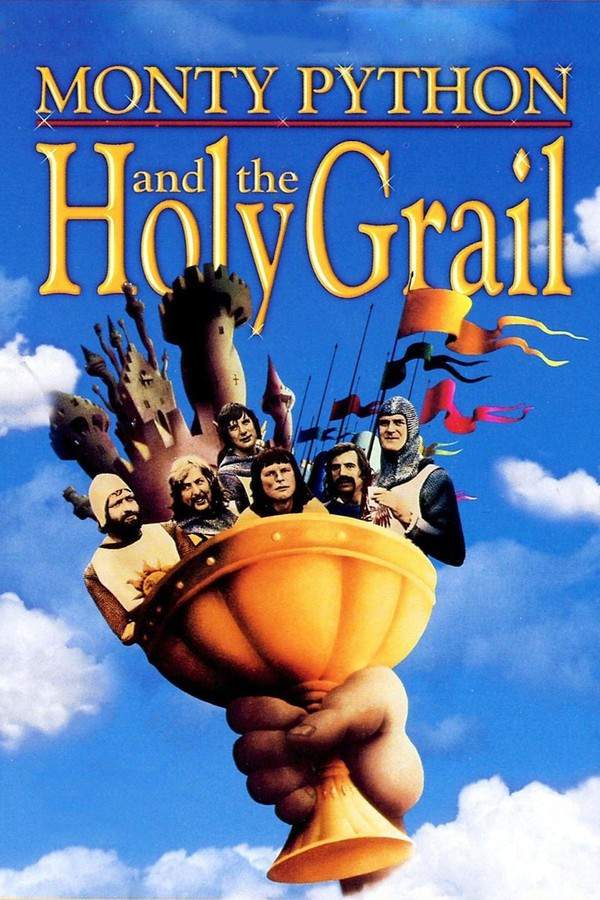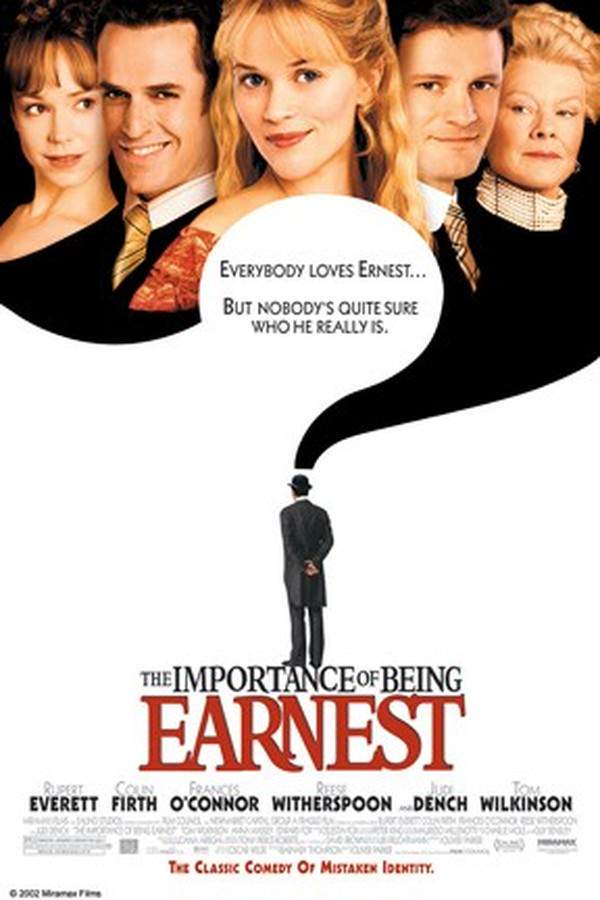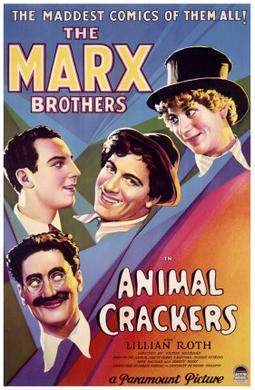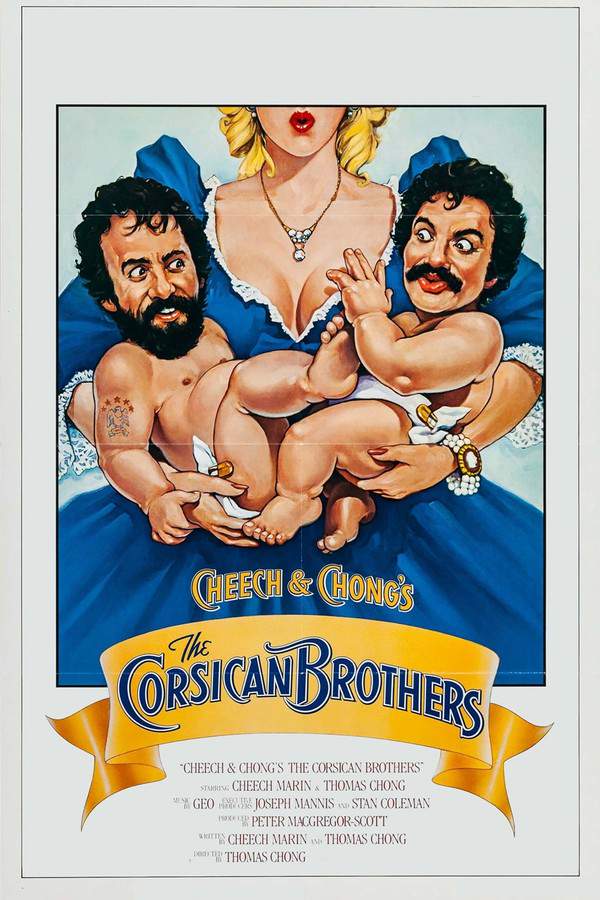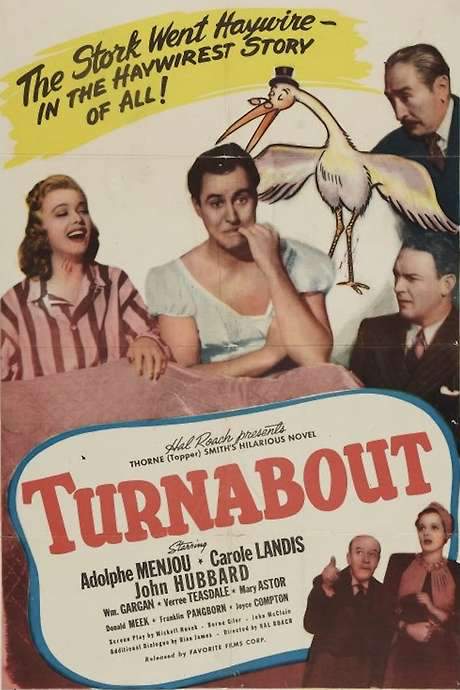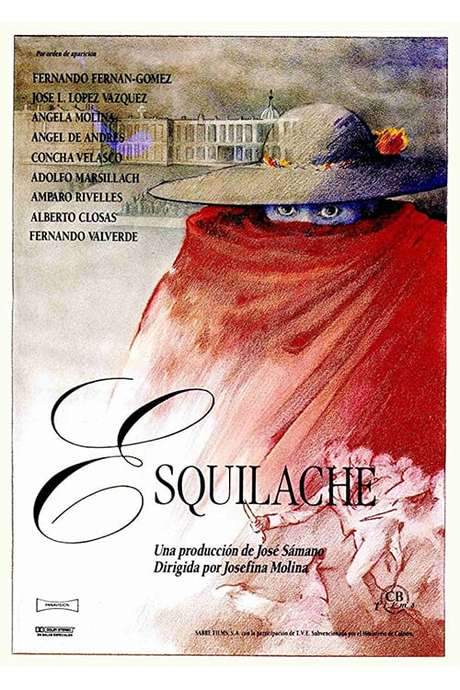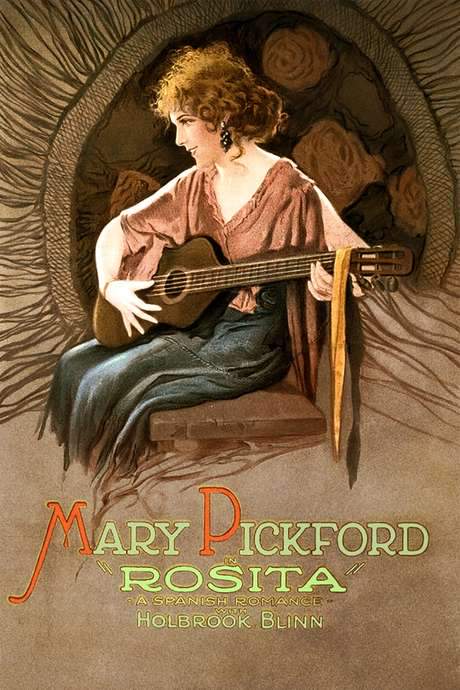
Delusions of Grandeur
Year: 1971
Runtime: 108 mins
Language: French
Director: Gérard Oury
Don Sallust serves as the minister to the Spanish king, but his deceitful, hypocritical and greedy behavior—especially embezzling taxes—makes him loathed by the oppressed populace. The Queen, a beautiful Bavarian princess, accuses him of fathering an illegitimate child with one of her maids of honor. As a result, he is stripped of his office and forced into retirement at a monastery.
Warning: spoilers below!
Haven’t seen Delusions of Grandeur yet? This summary contains major spoilers. Bookmark the page, watch the movie, and come back for the full breakdown. If you're ready, scroll on and relive the story!
Delusions of Grandeur (1971) – Full Plot Summary & Ending Explained
Read the complete plot breakdown of Delusions of Grandeur (1971), including all key story events, major twists, and the ending explained in detail. Discover what really happened—and what it all means.
In the 17th century, during Spain’s Golden Age, the story centers around Don Salluste de Bazan, portrayed by Louis de Funès, who serves as the finance minister to King Charles II of Spain. Don Salluste is depicted as a deceitful, hypocritical, and greedy man, known for personally collecting taxes and diverting much of the money for his own greed. His actions have made him widely hated by the common people he exploits and the courtiers around him.
The plot thickens when Queen Marie-Anne de Neubourg, a beautiful Bavarian princess, accuses Don Salluste of fathering an illegitimate child with one of her ladies-in-waiting. As a result, he is stripped of his position and forced into retirement at a monastery. Enraged and seeking revenge against the king and the princess, Don Salluste schemes to humiliate them all. He wishes to force the king to reject the queen by cuckolding him, and for this, he seeks the help of his nephew, Caesar, a brigand who has turned to a life of crime. However, when Caesar refuses to participate in his uncle’s plan, Don Salluste doesn’t give up; instead, he has Caesar captured by his henchmen and sent as a slave to the Barbary coast.
Not willing to give up, Don Salluste sets his sights on his dismissed valet, Blaze, what lies behind the valet’s dismissal. Don Salluste discovers that Blaze has feelings for the queen, and he plans to use him as a pawn. His scheme involves disguising Blaze, played by Yves Montand, as Caesar, and having him seduce the queen to create scandal and chaos at court.
When Blaze is introduced to the royal court as the new finance minister, he unexpectedly thwarts an assassination attempt on King Charles II during a tense scene. This act earns him favor with the king and queen, especially the queen, who also harbors feelings for Blaze. His quick thinking and bravery enable him to secure a prominent position, but this also makes him a target for the jealous nobles, who hatch a plot to bring him down.
Blaze’s rising popularity sparks envy among the aristocracy, who view him as a threat. Meanwhile, Blaze begins implementing reforms that are quite generous—redistributing Don Salluste’s riches to the peasants, heavily taxing the wealthy, and advocating for the common folk. His acts of kindness and reform drive the nobles into a rage, tightening the grip on their power and plotting to eliminate him.
One of the more comical and awkward moments occurs during a garden game where Blaze secretly plans to declare his love for the queen. In a humorous twist of mistaken identity, he ends up expressing his feelings to Doña Juana, the harsh duenna, played by Alice Sapritch, who has her own secret love for Blaze. She, in turn, confesses her passionate love for him, unaware that Blaze has already slipped away. This mix-up leads to a series of comic misunderstandings, highlighting the film’s humorous tone.
The tension escalates when Don Salluste learns of a plot to poison Blaze’s birthday cake. A dramatic escape ensues, leading Blaze and Don Salluste to a bullfighting ring where they trap their pursuers. Although Blaze believes this act to be just a favor, Don Salluste’s plans are far more insidious; he intends to stage a romantic rendezvous between Blaze (disguised as Caesar) and the queen, and have the king discover them together. A series of mistaken messages, including a well-meaning parrot that repeats the wrong message, complicate the scheme.
Don Salluste’s scheme spirals further out of control when Blaze is tricked into being tied up in an inn, while Don Salluste plans to have the queen visit and catch her with Blaze. Unexpectedly, the real Caesar, having escaped from captivity, arrives and rescues Blaze, adding to the chaos. In an unexpected turn, the dona Juana, played by [Alice Sapritch], joins the commotion with a bold striptease for Blaze, who remains uninterested and slips her a sleeping pill intended for him.
As the king receives a letter from Don Salluste, claiming Blaze is cuckolding him, Blaze, with Caesar’s help, successfully tricks the king into believing he is the queen’s suitor. Meanwhile, the queen is snoozing on the roof of a carriage outside the inn, unaware of the entire backstage drama. Ultimately, the king orders Blaze and Don Salluste to be sent to the Barbary coast—Don Salluste punished for his schemes, and Blaze choosing slavery over marriage to Doña Juana, who is shown arriving at the desert, disheveled and proclaiming her love for Blaze. As Blaze flees from her advances, we are left with a humorous and chaotic tale of political revenge, mistaken identities, and romantic misadventures in a colorful historical setting.
Last Updated: August 19, 2025 at 05:15
Explore Movie Threads
Discover curated groups of movies connected by mood, themes, and story style. Browse collections built around emotion, atmosphere, and narrative focus to easily find films that match what you feel like watching right now.
Historic Courtly Farce movies like Delusions of Grandeur
Satirical comedies where elaborate deception and mistaken identity rule the royal court.If you liked the chaotic schemes and satirical comedy of Delusions of Grandeur, discover other movies like it. This collection features similar fast-paced historical farces filled with court intrigue, mistaken identities, and a playful, whimsical tone.
Narrative Summary
Stories in this thread often revolve around ambitious characters using deception and disguise to climb the social ladder or enact revenge within a royal court. The plots are complex but lighthearted, unfolding through a series of comedic set-pieces, mistaken identities, and satirical jabs at political corruption and class structures, usually culminating in a public comeuppance.
Why These Movies?
Movies are grouped here for their shared setting of historical aristocracy, their focus on farcical humor driven by deception, and their consistently whimsical, breezy tone. They offer a specific blend of political satire and physical comedy within a richly detailed period world.
Master and Servant Misadventures like in Delusions of Grandeur
Comedic chaos ensues when the servant outsmarts the master in elaborate plots.Fans of the clever servant dynamics in Delusions of Grandeur will enjoy these similar movies. Explore comedies where the relationship between master and servant leads to chaotic schemes, witty banter, and hilarious power struggles in a lighthearted, fast-paced style.
Narrative Summary
The narrative pattern centers on the complex, often antagonistic relationship between a powerful but foolish master and a quick-witted servant. The servant frequently becomes the true architect of the plot, manipulating events for their own gain or simply for survival, leading to a comedic exploration of class and power through a series of escalating mishaps and clever reversals.
Why These Movies?
These films are united by their core character dynamic and the specific brand of comedy it produces. They share a fast pace, light emotional weight, and a focus on the chaotic outcomes that arise from this power imbalance, making the servant's cleverness the engine of the plot.
Unlock the Full Story of Delusions of Grandeur
Don't stop at just watching — explore Delusions of Grandeur in full detail. From the complete plot summary and scene-by-scene timeline to character breakdowns, thematic analysis, and a deep dive into the ending — every page helps you truly understand what Delusions of Grandeur is all about. Plus, discover what's next after the movie.
Delusions of Grandeur Timeline
Track the full timeline of Delusions of Grandeur with every major event arranged chronologically. Perfect for decoding non-linear storytelling, flashbacks, or parallel narratives with a clear scene-by-scene breakdown.

Characters, Settings & Themes in Delusions of Grandeur
Discover the characters, locations, and core themes that shape Delusions of Grandeur. Get insights into symbolic elements, setting significance, and deeper narrative meaning — ideal for thematic analysis and movie breakdowns.

Delusions of Grandeur Spoiler-Free Summary
Get a quick, spoiler-free overview of Delusions of Grandeur that covers the main plot points and key details without revealing any major twists or spoilers. Perfect for those who want to know what to expect before diving in.

More About Delusions of Grandeur
Visit What's After the Movie to explore more about Delusions of Grandeur: box office results, cast and crew info, production details, post-credit scenes, and external links — all in one place for movie fans and researchers.

Similar Movies to Delusions of Grandeur
Discover movies like Delusions of Grandeur that share similar genres, themes, and storytelling elements. Whether you’re drawn to the atmosphere, character arcs, or plot structure, these curated recommendations will help you explore more films you’ll love.
Explore More About Movie Delusions of Grandeur
Delusions of Grandeur (1971) Scene-by-Scene Movie Timeline
Delusions of Grandeur (1971) Movie Characters, Themes & Settings
Delusions of Grandeur (1971) Spoiler-Free Summary & Key Flow
Movies Like Delusions of Grandeur – Similar Titles You’ll Enjoy
National Heritage (1981) Film Overview & Timeline
Esquilache (1989) Film Overview & Timeline
The Dumbfounded King (1991) Story Summary & Characters
Goya: Or the Hard Way to Enlightenment (1971) Spoiler-Packed Plot Recap
Rosita (1923) Detailed Story Recap
The Queen’s Lover (1948) Film Overview & Timeline
The Discreet Charm of the Bourgeoisie (1972) Spoiler-Packed Plot Recap
Locura de amor (1948) Full Summary & Key Details
The Brigand (1952) Full Summary & Key Details
The Fair of the Dove (1963) Full Movie Breakdown
The Count of Monte Cristo (1954) Detailed Story Recap
Don Juan (1998) Plot Summary & Ending Explained
Man of La Mancha (1972) Film Overview & Timeline
La conjura de El Escorial (2008) Full Summary & Key Details
The Private Life of Don Juan (1934) Ending Explained & Film Insights

